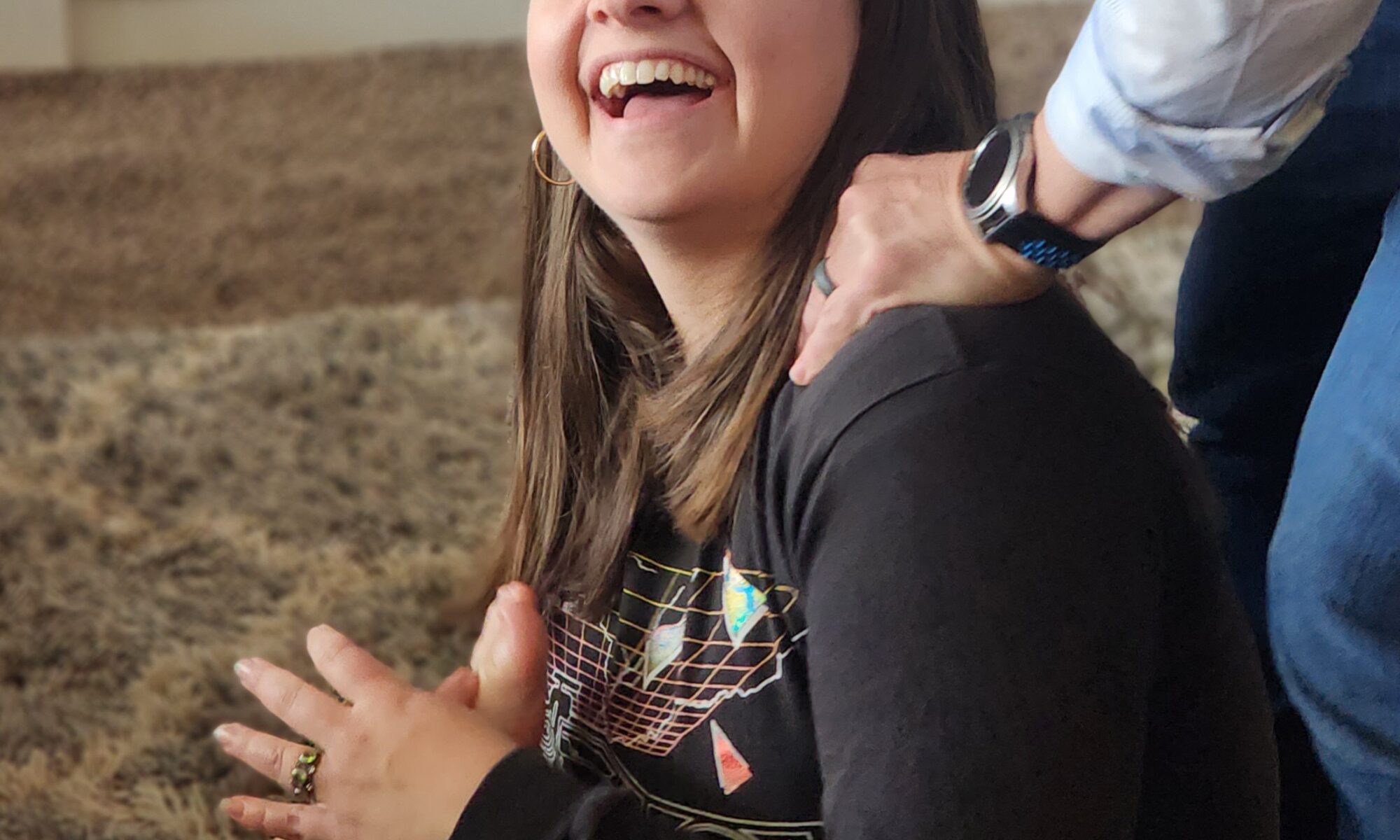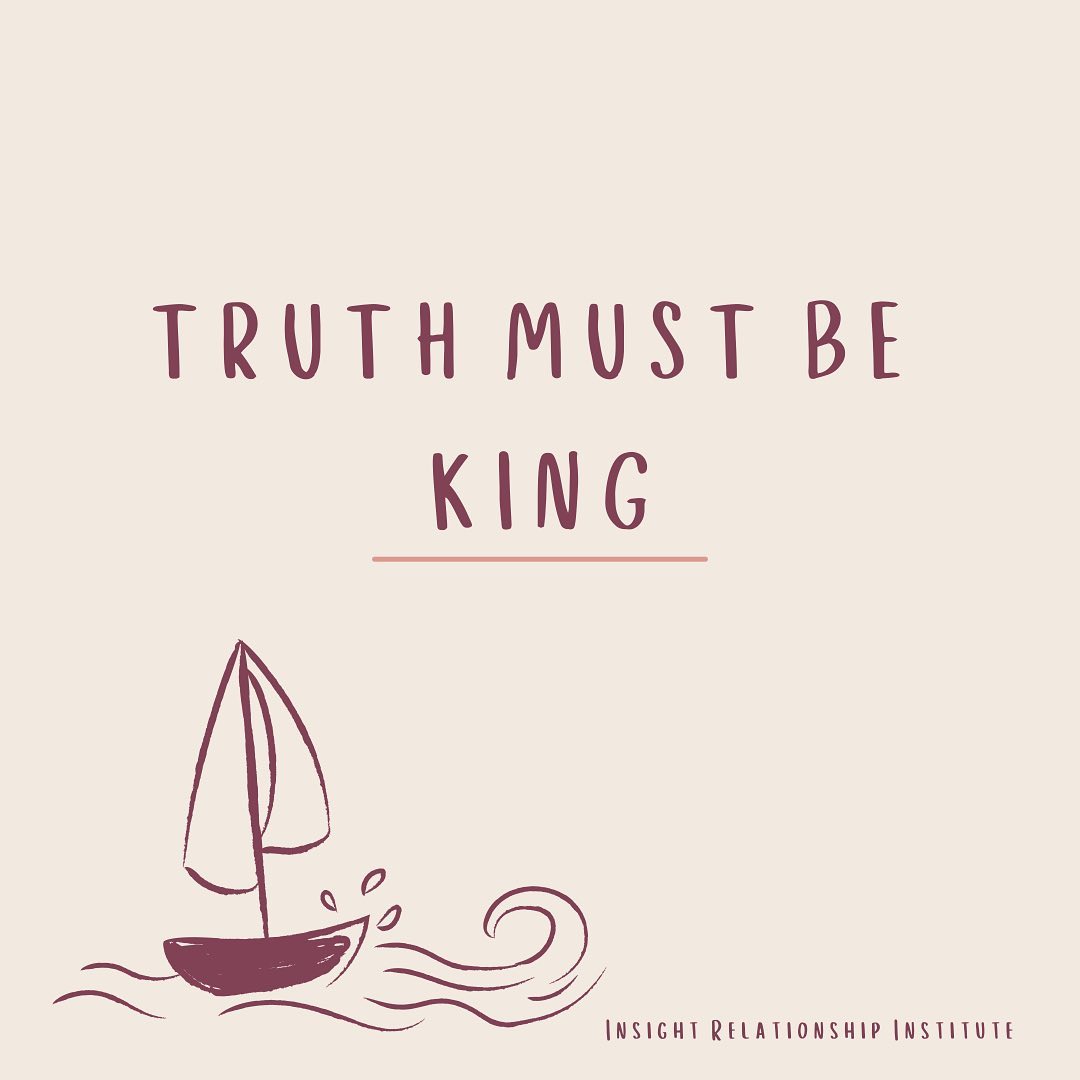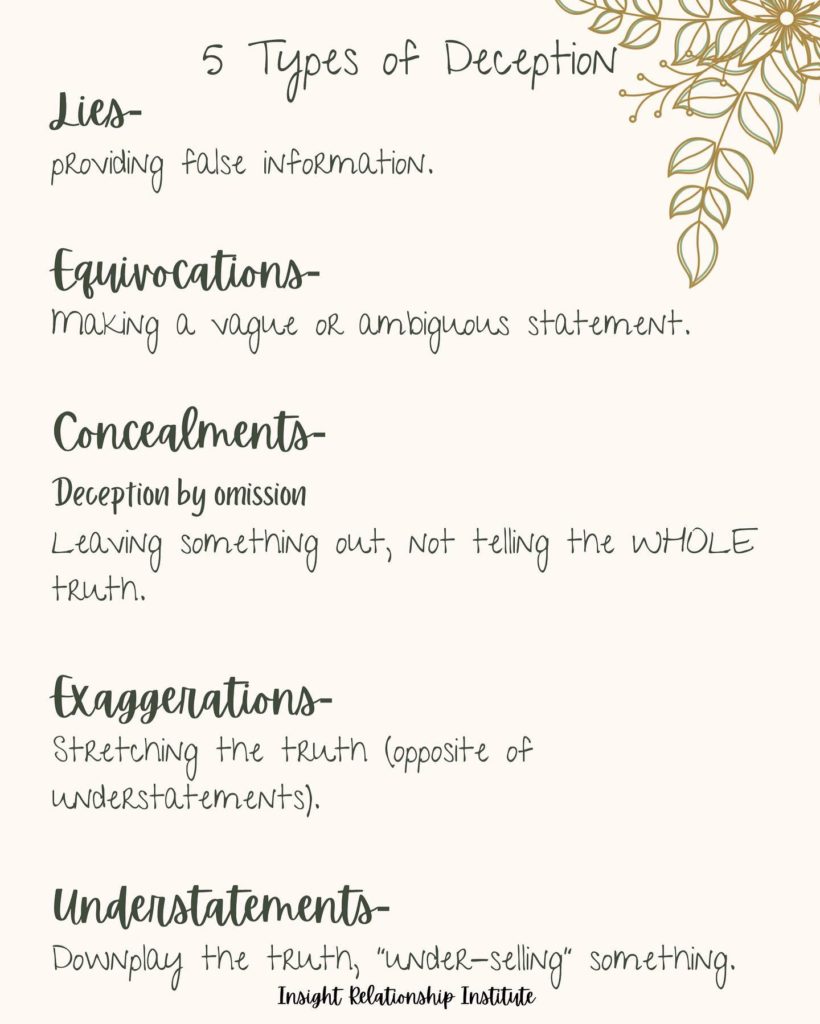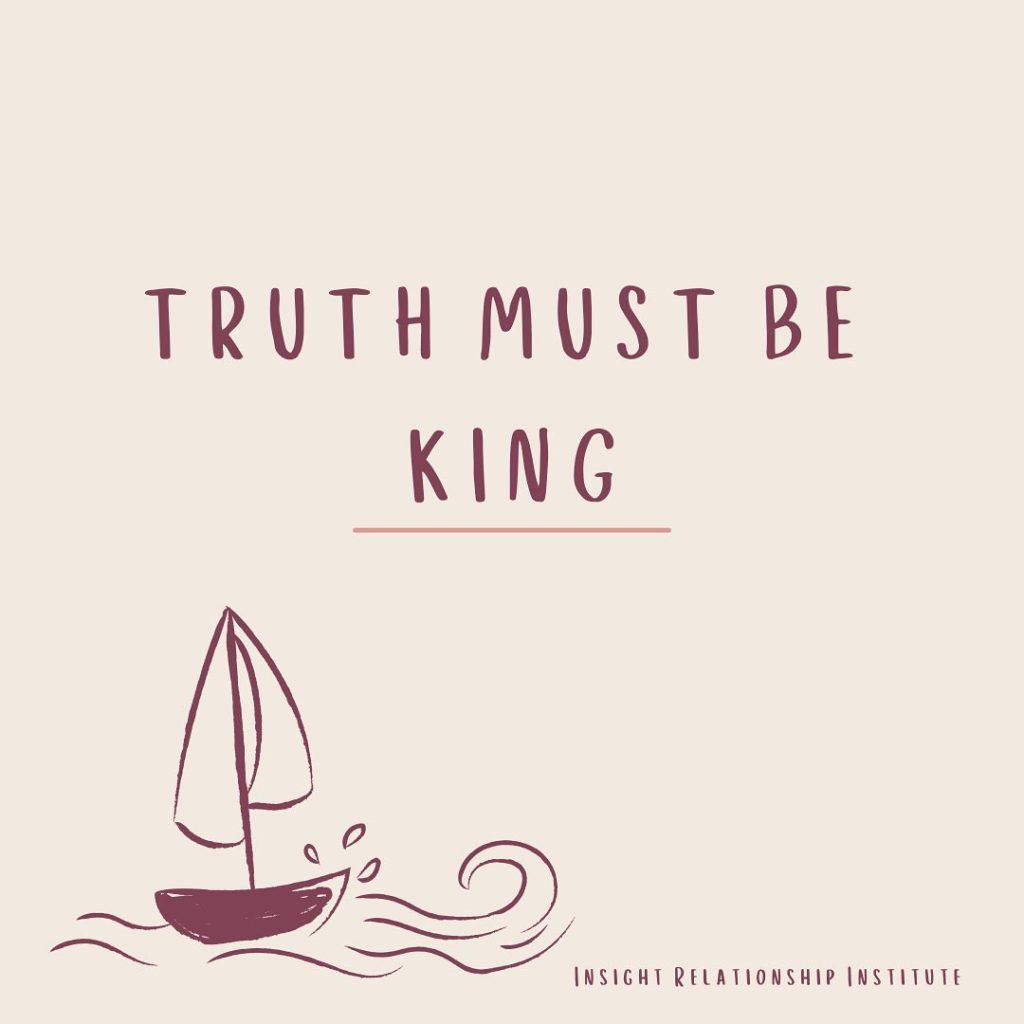When I was pregnant, my life would get turned drastically “upside down”. When normally I was filled with energy, health, positive well-being and a drive for life, as soon as I conceived, it seemed, I was drastically lethargic, incapacitated by constant nausea, frequently vomited, and had a drastic decrease in my overall mental and emotional well-being. I basically lived on the couch for almost the entire nine months of pregnancy for all four of my ‘to term’ pregnancies. As a result of my suddenly uncharacteristic sedentary existence, I always put on a significant amount of weight. I am talking as much as an additional eighty-five pounds packed onto my normally short and petite body frame.
Towards the end of my fourth pregnancy, I was absolutely miserable. My ankles and feet swelled up so badly every night, they would throb painfully, and I would cry; sob actually, because I felt so miserably uncomfortable. I will never forget the day that my doorbell rang, I opened up my front door, and there stood my sweet sister-in-law, Becky, equipped with foot sauna bath and lotions. She had heard about my discomfort through our “Wilcken Women” family members and she came running. With this humble and thoughtful act of service, she had every intention of alleviating some of my current stress and discomfort, if only for an hour or two.
“I’m giving you a foot massage, ” she announced. “Every woman deserves a foot massage at this point in her pregnancy,” she claimed as she bustled past me and into my home. She then commenced setting up a place for said massage in my family room and then put her heart and soul into giving me the best foot massage I have ever had and topped it off with some much needed conversation from someone who was loving and understanding.
I have remarked many times to others that after that foot massage, I actually felt stronger and less physically and emotionally overwhelmed throughout the remaining few weeks of my pregnancy. Was the foot massage just THAT good? I admit, the massage was wonderful, but given that Becky was not a trained foot masseuse, my significant increase in emotional and physical resilience may have been the result of some additional factors.
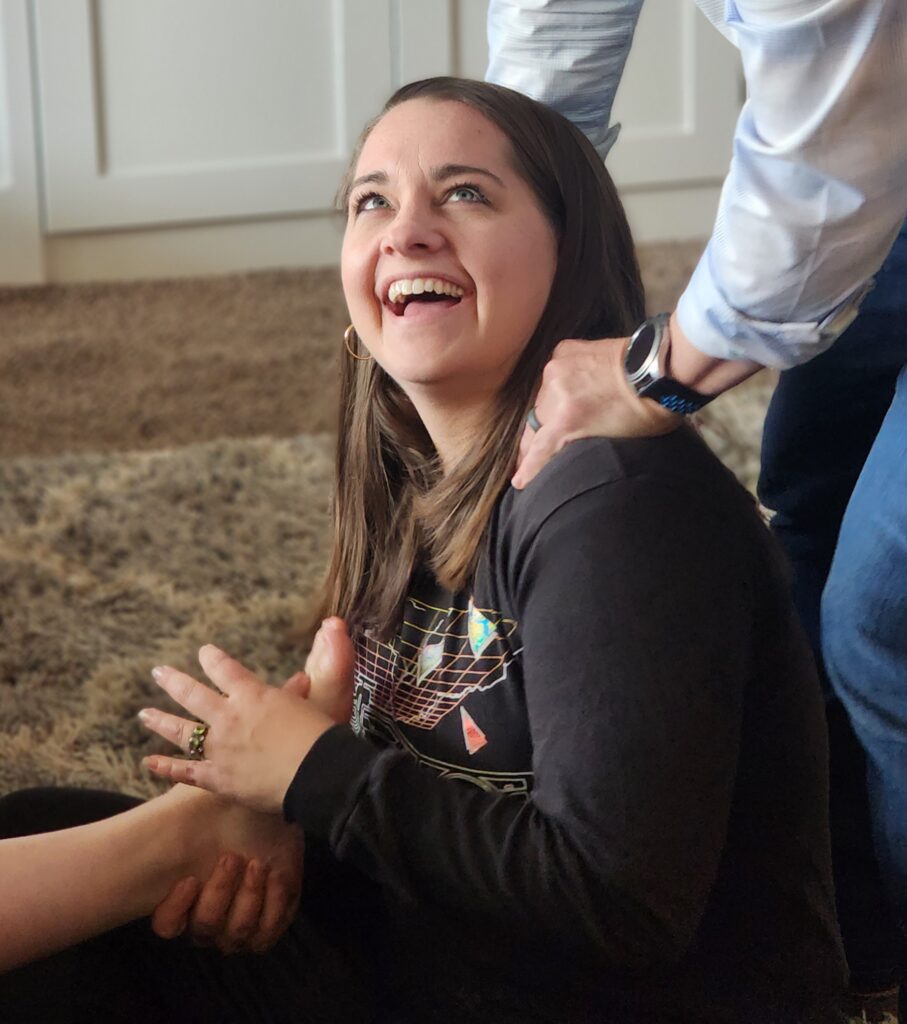
Tend and Befriend
There have been many significant studies over the years which have resulted in the support of the ‘tend and befriend’ hypothesis. This theory claims that women can counter the ‘fight or flight’ stress/trauma response by connecting and receiving support from other women. To put it simply, women that respond to stress by seeking and accepting support and connection with one another (and if these interactions end up being comforting and safe) consistently report a significant decreases in their overall stress levels and a significant calming of their ‘fight or flight’ response.
(University Of California Los Angeles. “UCLA Researchers Identify Key Biobehavioral Pattern Used By Women To Manage Stress.” ScienceDaily. ScienceDaily, 22 May 2000. <www.sciencedaily.com/releases/2000/05/000522082151.htm>.)
Trauma Healing
In my clinical practice, I specialize in the treatment of trauma and a variety of women’s issues. My colleague, Amy Fife LPC, and I also lead trauma healing support groups for women. It is almost always the case, that if my clients that are in treatment for trauma combine their individual treatment with also participating (and emotionally investing and befriending) in the women’s support group treatment option, their progress and then their ability to sustain this progress over time is exponentially more likely compared to those who do not emotionally invest in the group experience or that do not have a community of healthy support from other females.
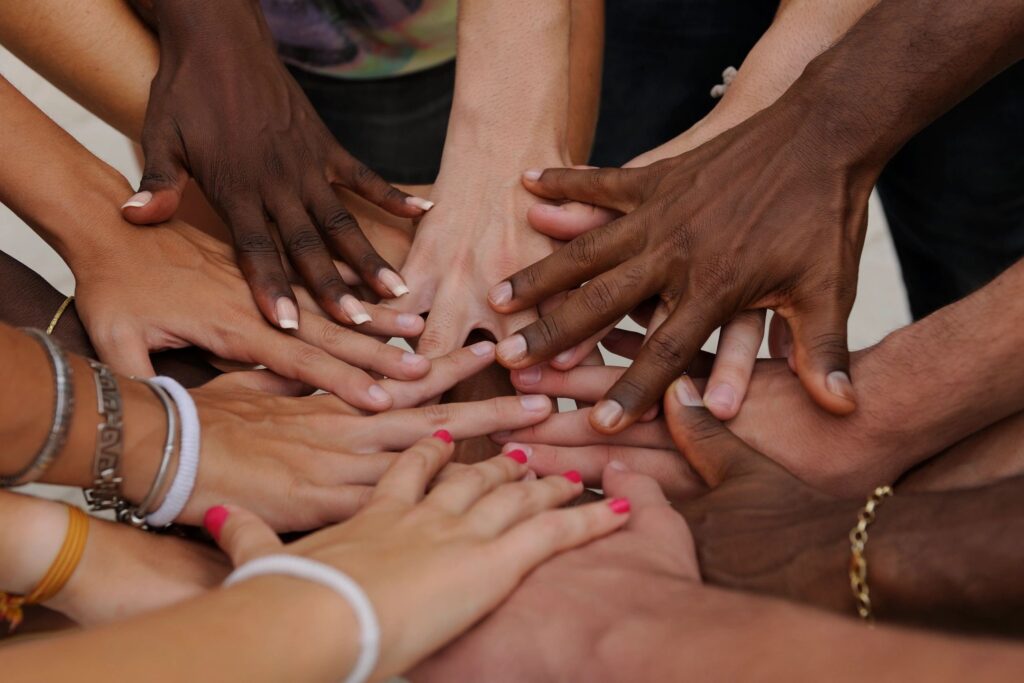
So What Gets “In the Way”?
As part of the general assessment process in the first session of therapy, it is routine for me to ask my clients about their current community of support. It is alarming how common it is for individuals to be isolated and ‘without a supportive community’ in their adult lives. A few common dynamics that I feel are influencing this current lack of support are:
- After high school and college, individuals do not participate in similar large community dynamics within their peer groups that naturally encourages people to meet and form friendships.
- Neighbors and neighborhoods are not as social with each other and/or reliant on one another for support as they once were.
- Individuals have experienced a form of trauma and deep rejection from others (family members, friends, romantic partners) which has resulted in the individual choosing to isolate vs. reaching out to others.
- Life has become too busy and chaotic. Building friendships, intimate relationships, and strong family relationships takes a significant amount of time, consistent effort from both individuals, and a strong commitment. In our fast paced and instantly gratified society, individuals are not as equipped as they should be for building these much needed relationships.
- Individuals are turning towards electronic devices and social media as opposed to spending needed time connecting with others, face to face, in deep and meaningful ways.
The following video by Simon Sinek explains his perspective on various reasons individuals are not building supportive, intimate relationships.
What’s The Solution?
When a client comes into therapy and is significantly lacking in community support, there are several therapeutic goals that are collaboratively put into place to improve this aspect of their life. Healthy connection with others is vital for continued progression in therapy and in daily life.
Here are some of the areas and ways to improve options for community support:
- Reconnect consistently with healthy friends, neighbors, and family in face to face situations.
- Get involved in organizations of interest that will provide a community of peers which will increase opportunities to build healthy connections with others (church organizations, local school programs, non-profit organizations, athletic groups and activities, etc.
- Get specific therapy treatment that addresses problematic past relationship experiences (trauma therapy, attachment therapy, EMDR therapy, etc.).
- Join a community or therapy support group.
- Limit time on electronic devices and social media.
Conclusion
Fast forward twelve years later after my amazing foot massage from Becky. Now my two youngest sisters are both near the end of their fourth pregnancies. We were all gathered as a family for the celebration of a significant achievement by one of our nieces. Guess what Becky spent her time doing during that family gathering? Yep, massaging my two sweet sisters’ swollen legs and feet. I could not help but take pictures documenting the sweet moments of this humble act of service that my sister-in-law gave to my two sisters. I also found myself reminiscing to the time when I was the recipient of Becky’s ‘tending and befriending’ towards me all those years ago.
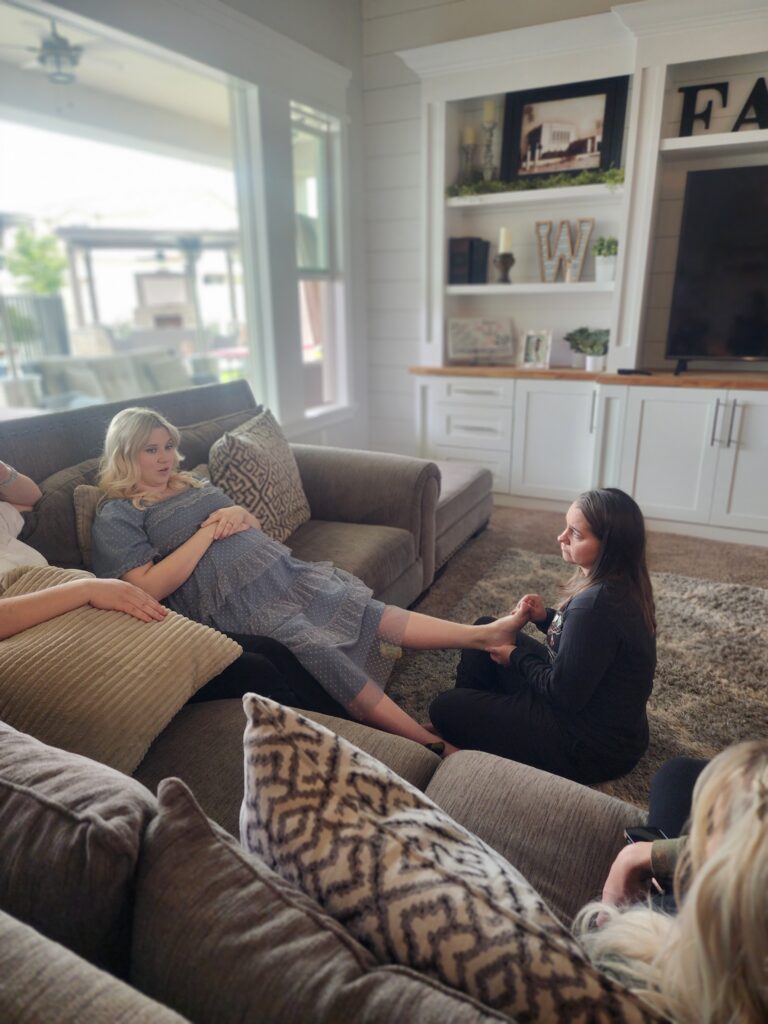
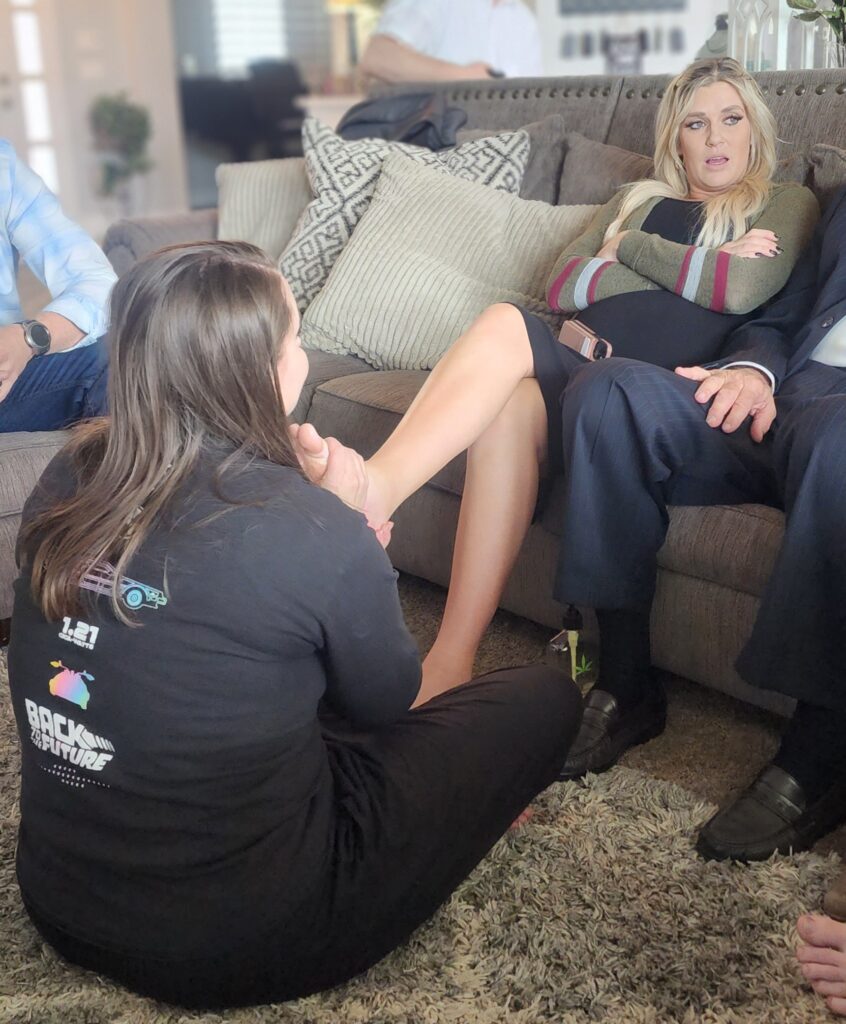
Women can understand each other’s needs in such deep and meaningful ways. Women have such capacity for empathy and love. When this is reciprocated within a relationship, the consistent ‘befriending’ can be one of the greatest sources of strength a woman could need and want in a friendship. I am so grateful for the community of supportive women that I have chosen to surround myself with throughout my life’s journey. There were times in my life when I isolated myself from such support and it was at these points in my life that I noticeably struggled the most with my overall mental and emotional well-being. May we all intentionally build our community of supportive people in our lives and then intentionally turn towards this support consistently in times of our struggles and need.
“…in a healthy relationship, both people can be strong.”
― Kim Walker-Smith, Brave Surrender: Let God’s Love Rewrite Your Story


